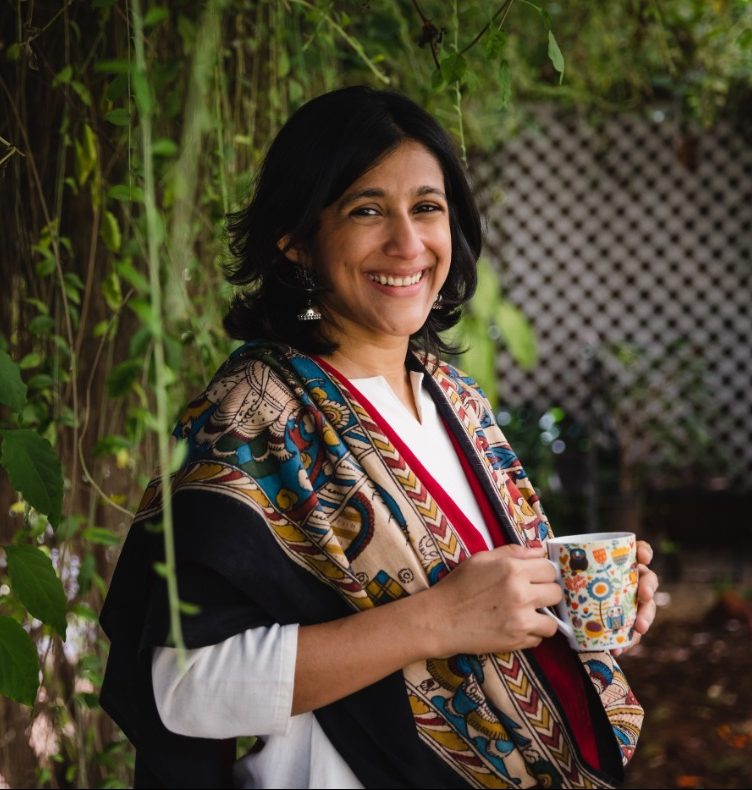Oscar Wilde was twenty years younger than the great artist James Whistler with whom Wilde was awed. Both travelled in the same aristocratic circles and had become fast friends despite their differences. Whistler was an elitist and had a strong personality. Wilde was a populist and milder in his manner. Eventually, Whistler tired of Wilde and in a public lecture obliquely ridiculed Wilde implying that he was a dilettante. Wilde didn’t take this lying down, and so their verbal sparring continued until, it is said, Wilde had the last word when he based the character of a murdered artist in The Picture of Dorian Gray on this former friend.
Humans can be very unforgiving. They can be unforgiving to friends, lovers, peers, strangers, and even to themselves. This is especially true when it comes to matters of perceived inequality and injustice, a theme that has fuelled stories and myths from time immemorial. In the Hindu epic The Ramayana, for instance, Lord Ram, the seventh reincarnation of Vishnu and the preserver and protector of the universe, is crowned King of the kingdom of Ayodhya. One day, Ram hears that the people of his city suspect his wife Sita has been unchaste, as she had been abducted and held prisoner by Ravana – King of Lanka and the chief antagonist, at his palace for a long four months. Compelled to uphold the image of a powerful King, Ram banishes Sita from his kingdom. On the face of it, this seems unfair. But think of what Ram had to go through in choosing to align with his people over his wife. Unlike other kings, Ram never took a second wife. What about Sita? What might she have had to go through, considering she passed the “trial of fire” to prove her chastity despite which Ram chose his people over her, all while she was pregnant? What about the gossip-mongers and spreaders of fake news – the people of the city? How many of us “people of the city” have watched the Netflix series “The Crown”and decided that Camilla Parker Bowles was unfit to be Queen?
In my work as a psychologist over the past 14 years, I have witnessed several stories about friendships, marriages and work unfold before me. I have come to conclude that life is not always about what is right or wrong, just or unjust. Sometimes we have to accept that someone wants us out of their life, whether we agree with it or not. But how does one cope with a decision that one does not agree with? How does one maintain mental stability and not feel low self-esteem when facing rejection of this kind? The mind and heart want what they want. And what if you are the one who wants to leave? Can you do it in a manner that causes minimal damage? While not analyzing the reasons behind the “why” of things – psychology does touch upon two concepts, the first is loving-kindness for the one who wants “out” and the second is radical acceptance for the one at the receiving end.
Loving Kindness, choosing to leave
Without questioning your reasons to leave or to ask someone else to leave, How you communicate your desire to leave a relationship has consequences on how people perceive you and indeed, how you perceive yourself. Incorporating kindness and compassion to your demeanour has been known to enhance your overall well-being. It also allows you to evolve over time, so that someday, if you feel you were wrong in your decision, you can still maintain a healthy relationship with your ex-friend, ex-lover or ex-employee. The fabric of human life depends on growth and strong bonds.
The Panchatantra, a collection of Indian animal fables, says of friendships:
If loving kindness be not shown
To friends and souls in pain,
To teachers, servants, and one’s self,
What use in life, what gain?
Loving-kindness is a form of meditation practice that also helps with regulating your mind and body. It cultivates top-down mental processes that are known to stimulate creativity, help you meet challenges and resist temptations. It gives you better mental flexibility. This meditative practice has as its goal the abandonment of all judgment or fault-finding. It starts with learning to be considerate to oneself, people you love, acquaintances, strangers (remember that fellow who cut you off while you were driving to work the other day?) and then towards someone with whom you are having a falling out. The idea is to take actions that would otherwise hurt another and mindfully execute them. It calls for an ethical sensibility. This minimizes the damage done to yourself and “the other.” While it may not fix a broken relationship, it allows for “moving on” aside from making the world a better place to live in.
Radical Acceptance, Tolerating outcomes with dignity
Carl Jung said “the curious paradox is that when I accept myself just as I am, then I can change.” The same goes with life circumstances; you don’t have to like them, but you can accept them with wakefulness. You can make space in your body and mind for emotional pain. You can accept not always being in control of where a relationship goes. This does not in anyway suggest being OK with abuse or putting up with it. In those situations, protect yourself and do what you have to in order to be safe and stable. What it does however mean is –not judging yourself just because you are not accepted. It means tolerating a break-up or rejection or being fired from a job and not cursing yourself or the other or your situation. The rationale is that negative judgments of others or your situation will hurt or anger you most and negative judgments directed towards yourself will make you depressed and immobilize you. Healthy negative emotions are an important part of organic living and one need not fear or avoid them. But they must not become unhealthy negative emotions that incapacitate or disable you. Radical acceptance helps you moderate these emotions. They no longer control you. Rather, you have more control over your life, and therefore more freedom. And to be free from… and free todo is where your power and your peace truly lie.


